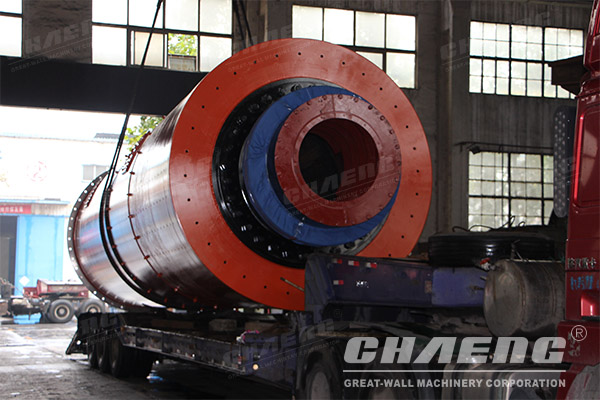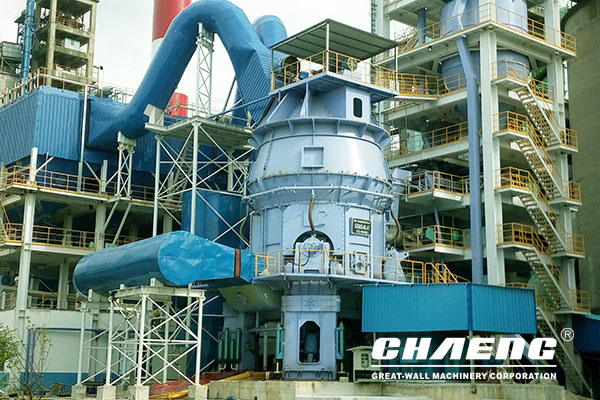Industry Reports
Cement grinding Vertical roller mills VS ball mills-Maintenance of wear parts
Maintenance of wear parts


Wear parts for a ball mill, i.e. grinding balls, liner plates and other mill internals are either very easy to maintain or they have a long life time. The grinding charge is simply maintained by adding more grinding balls to the mill as the mill charge becomes worn and the power consumption and the output capacity decrease.
Liners and mill internals for the first compartment have typical lifetimes from at least two years (grate plates for the intermediate diaphragm) to around 5 years (shell liners). Parts for the second compartment last even longer, typically from around 4 years (outlet grates) to around 9 years (shell liners).


Also for a vertical roller mill the performance will deteriorate as a consequence of progressive wear of the grinding parts. This, however, is not only reflected in a reduced capacity, but also in a higher specific energy consumption and a higher level of mill vibrations.
Works for remedy of progressive wear of the grinding parts for vertical roller mill may involve reversal of roller segments, hardfacing of roller and table segments and/or eventually replacement of worn out parts.
These works are obviously more complicated than just adding more balls to a ball mill.
However, the wear rate for grinding parts of an vertical roller mill grinding OPC is fairly low and maintenance of wear parts, i.e. reversal, hardfacing or replacement, can usually be scheduled to take place say once per year to follow the plant’s kiln maintenance program.
The wear rate measured in gram per ton of cement produced is much higher for a ball mill than for a vertical roller mill. However, the unit cost for wear parts for a ball mill is much lower than for a vertical roller mill.



